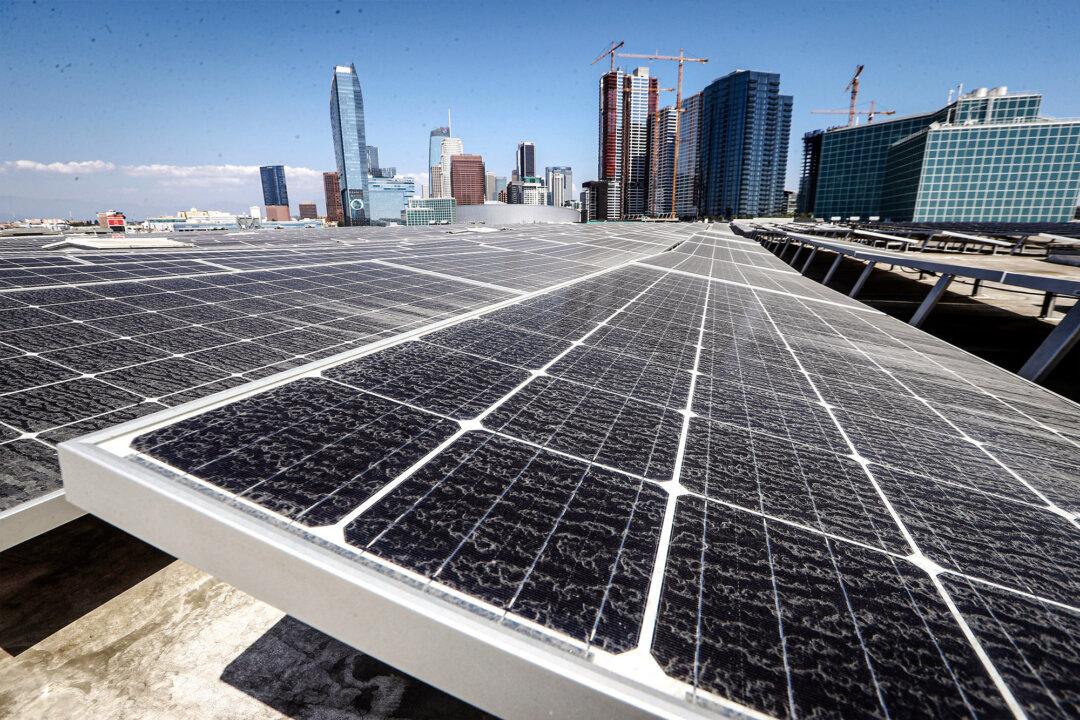Solar energy firm Lumio filed for Chapter 11 bankruptcy after getting caught up in a “severe liquidity crisis” following a fall in market demand.
The Utah-based company made the filing at the U.S. Bankruptcy Court for the District of Delaware to “complete a value-maximizing sale process and strengthen its financial position,” according to a Sept. 3 statement. The company has already entered into an agreement with an affiliate of White Oak Global Advisors, which has agreed to buy “substantially all” of the firm’s assets for $100 million in a credit bid. If the bid is successful, White Oak also intends to provide “significant equity ownership” to Lumio employees.





